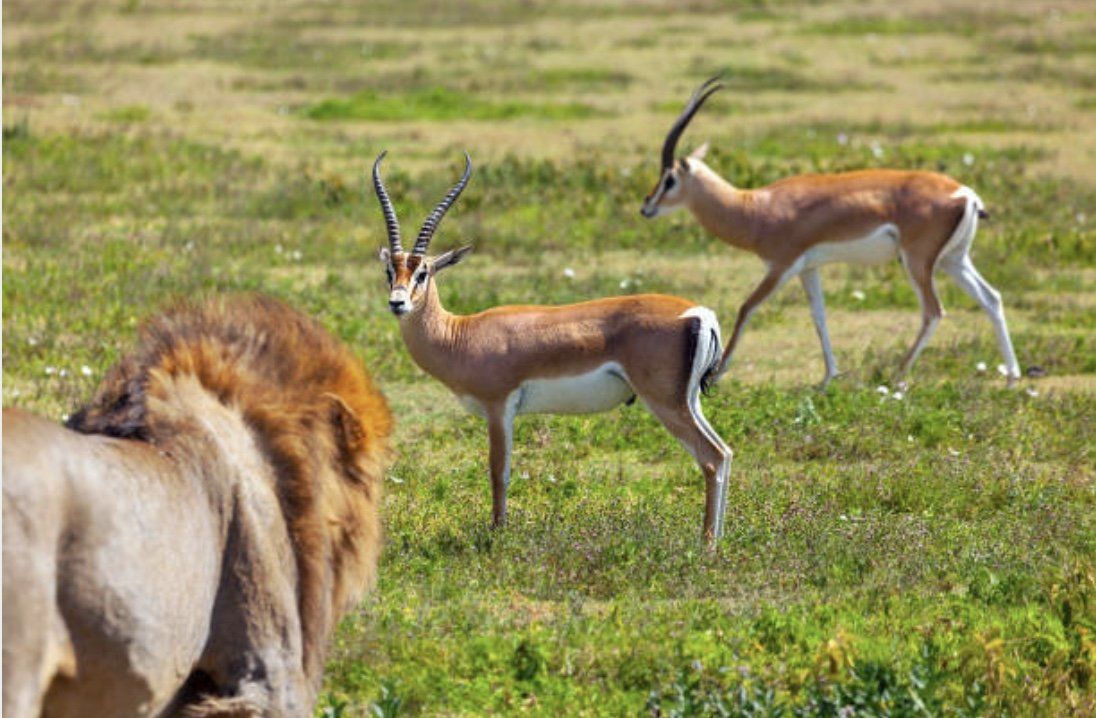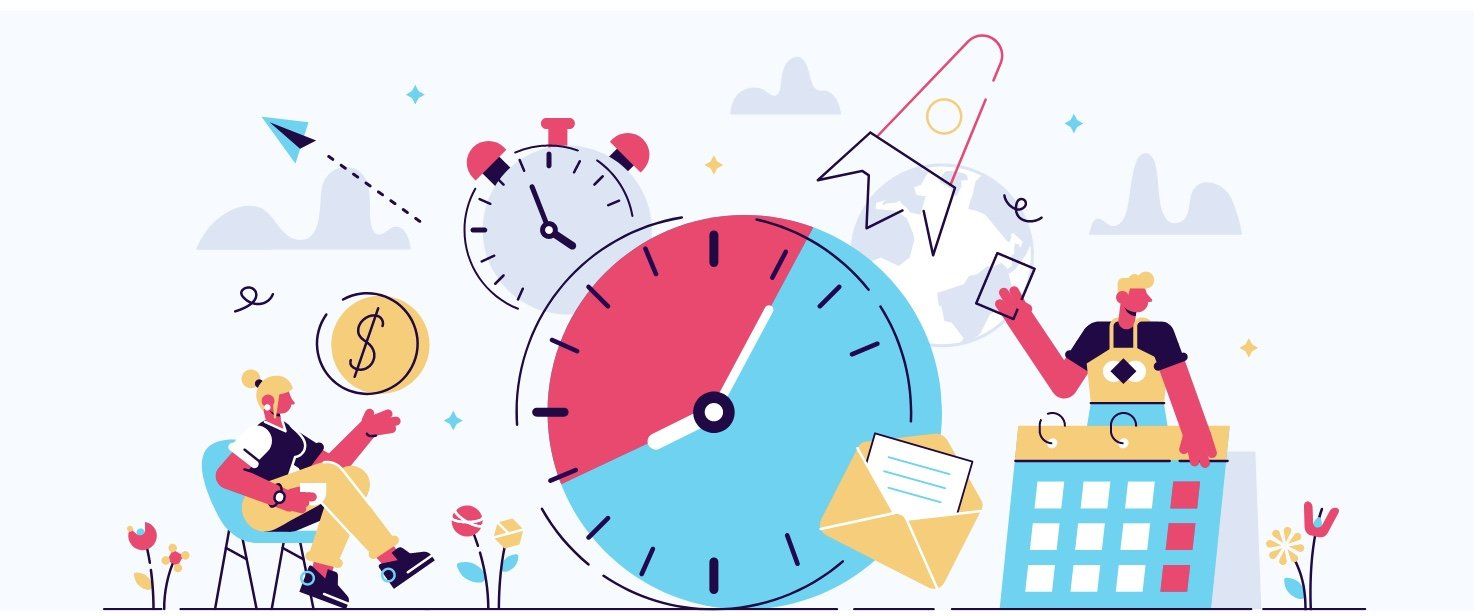
When it comes to getting work done, most of us spend too much time hunting field mice and not enough hunting antelope. The problem - the energy required to catch a mouse exceeds its caloric content. If all we hunt are mice, we will eventually starve. The same goes when we prioritize the low stakes work over the important work that advances our careers. To avoid starving in your career, you need to prioritize your most important work - your antelopes.
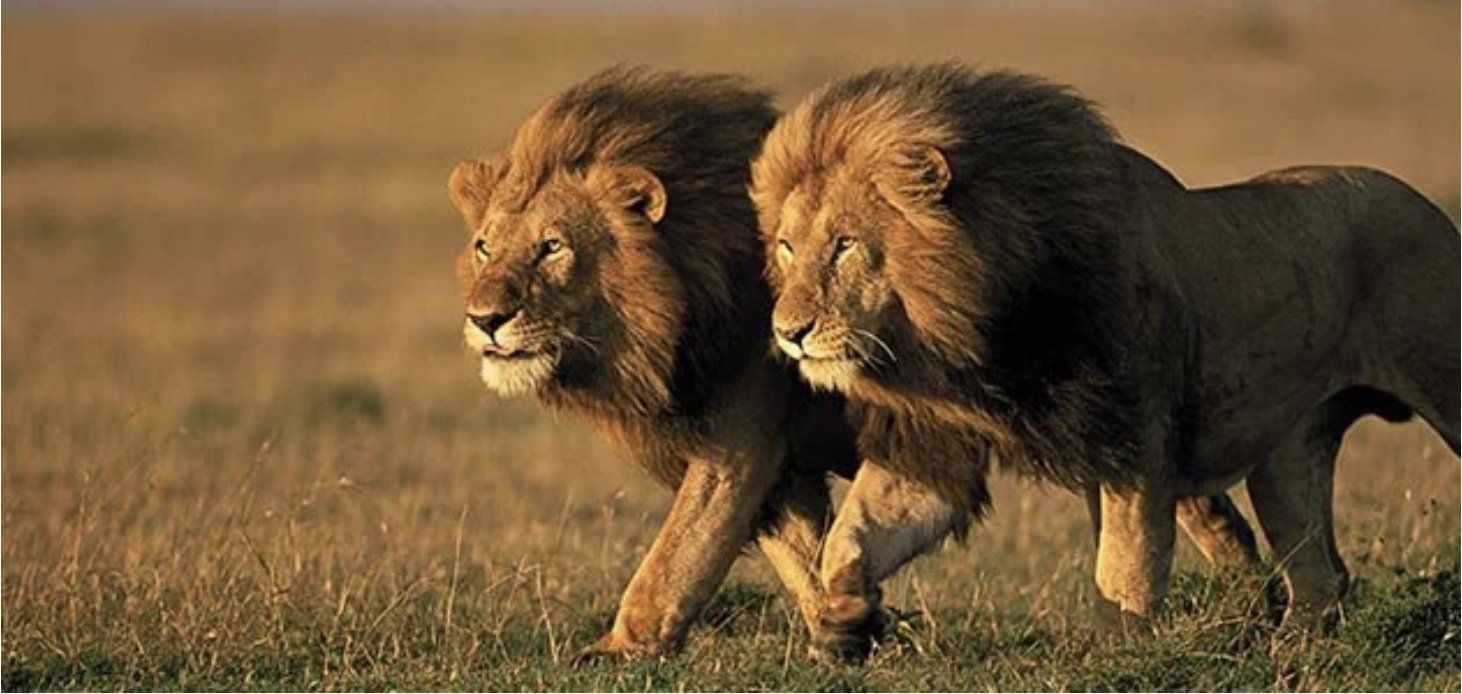
Most of us have ambition—a burning desire to do something great with our lives. This could be joining a non-profit, launching our own business, teaching others, or writing a book. Yet, as much as we dream and aspire for these things, we have a terrible tendency to undermine these efforts by putting them off.
This happens because the urgent elements of life grab our attention, and keep it.
And if we never step away from what's urgent, we can't do the deeper work that will help us make progress towards our larger goals.
Instead, we end up chasing mice when we need to be hunting antelope.
“A lion is fully capable of capturing, killing, and eating a field mouse. But it turns out that the energy required to do so exceeds the caloric content of the mouse itself. So a lion that spent its day hunting and eating field mice would slowly starve to death. A lion can’t live on field mice. A lion needs antelope. Antelope are big animals. They take more speed and strength to capture and kill, and once killed, they provide a feast for the lion and her pride. So ask yourself at the end of the day, ‘Did I spend today chasing mice or hunting antelope?’”
- Newt Gingrich
Whether we are starting a business or advancing in our careers, it’s imperative that we think about the types of calories we are chasing. We must evaluate all of our tasks, projects, goals, and customers and become aware of which ones are mice, and which are antelope.
Which tasks are table stakes, and which ones make real, sustainable progress towards where we want to go with our lives and careers?
When we are chasing mice, we are prioritizing the urgent over the important. Answering emails, working on mediocre projects, chasing low-value customers—these actions take up a lot of time and effort. While at times, these activities may truly be important, if we focus solely on them, we will never experience any growth, only survival.
On the other hand, when you are hunting antelope, you are devoting your time and energy to the bigger game. Tasks like writing an article that will help establish your role as a thought leader, chasing a high-paying customer, or finishing a pitch deck all take much longer to complete, but the payoff is significantly higher over time.
So the question is: why do most of us hunt mice at the start of every day?
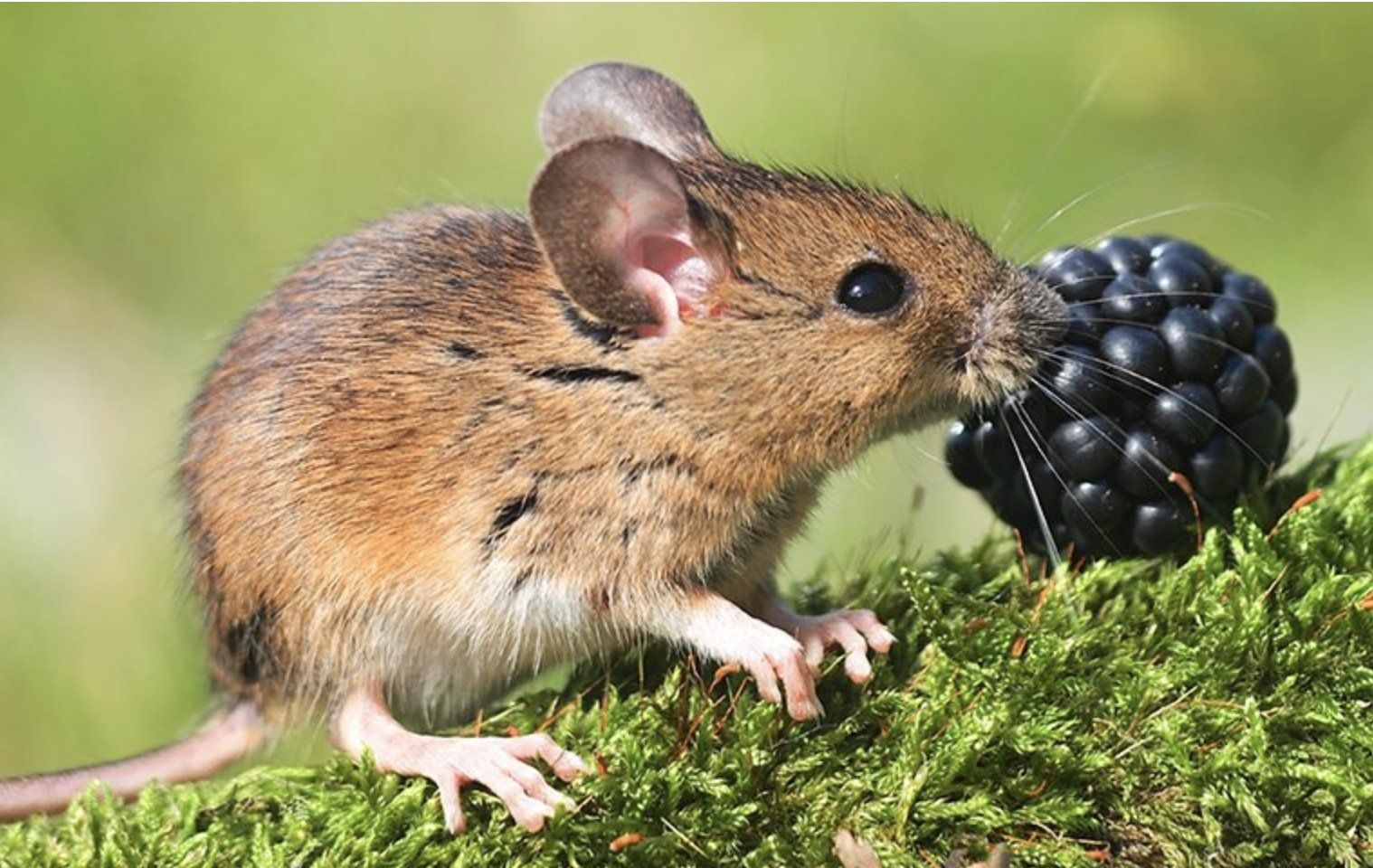
Understanding the Difference Between Urgent and Important
Brainwashed by the culture of busyness, we prioritize the urgent over the important because it feels more pressing to get the little things out of the way first so that we can make space in our brains to focus on the bigger things.
Plus, knocking out those quick emails or checking social media feeds provides us little hits of dopamine, which provide pleasure in the moment, but are not truly in service of our longer-term goals.
There are two major problems with this approach. First, when you start your day by looking at your phone or computer, you have immediately ceded your attention to others before even getting a grasp on
your day.
Instead of setting your own intentions for the day and prioritizing what is most important
to you, you instead start immediately responding to other people's priorities and needs.
This puts you in a
reactive mode as opposed to a
proactive mode, which is where you need to be in order to move forward in significant ways. In proactive mode, you focus your time and attention on what will enable you to make real progress towards your personal or professional goals.
Plus, when you push off the important tasks, your brain doesn’t let go. Instead, like a nagging voice, it will constantly remind you of all the important tasks you keep deferring. And no matter how many times you tell yourself you will do it later, the voice doesn’t go away. Each time that voice chimes in, it soaks up a little bit of your time and energy: time that could have been spent doing it, versus avoiding it, and energy that could've gone towards completing the task instead of dreading it.
If you're lucky, you may be able to carve out some time at night to finally get to the bigger-picture tasks. But the bigger-picture tasks feel a lot more difficult when you are physically and emotionally spent from a day full of work and decisions! Moreover, because of your tired state, not only will it take longer to complete, you will likely make more mistakes that will need to be corrected later.
By saving the hard stuff for last, you are working against your natural energy levels. At the start of the day we are all the most focused and creative, and no matter how much we try to convince ourselves that we’ll get to the big projects later in the day, it's more than likely that they will get pushed to the next day. And then the next. Always behind the urgent. Those cute, pesky field mice.

You Must Do The Hardest Thing First Thing In The Morning
Do you want to get more done in less time? Do you want to lower your stress and anxiety? Do you want to spend more time doing things you
want to do (e.g. working out, reading, spending time with friends and family)? If you answered yes to any of these questions, then
all you need to do is flip the script and tackle the hardest thing on your list first.
Every day.
Let me tell you
why and then I’ll tell you
how to do it.
First, think back to the lion analogy. Yes, it takes more time and effort to catch one antelope. But that
one antelope can feed you and your pride for days. Whereas, to catch the same amount of calories, a lion needs to catch more than 100 field mice.
Instead of cultivating and nurturing that one big, high-paying client, by chasing mice, you're tending to the demands of lots of low-paying ones that demand your time and attention but generate little in the way of actual profit.
Now, imagine what happens if you start your day by hunting antelope. It may take most of the day, but once you've caught one, instead of continuing to hunt, you can now devote your remaining time and energy to all of those lower-stakes tasks. Or, and isn't this lovely, you could use that time for recovery - take a walk, read a book, call your mom, meditate.
These types of recovery tasks, which you will likely only allow yourself once the antelope has been caught, allow you to recharge. Your brain and body will be given some time to rest and settle, which will allow your creativity to begin working on finding new ideas and solutions.
Plus, when we tackle the easy things first, we "spend” from our willpower and decision-making accounts. Every task and every decision requires energy. Energy that won’t be available later in the day.
Lastly, we tend to be the most creative and have the most energy at the beginning of the day. When we prioritize the hardest thing first and protect that time in the morning for these tasks, we are more likely to complete them. In addition,
the positive effects of doing the hardest thing first provide a much longer and more sustainable high throughout the day. No longer ruminating in the back of your brain about that hard task, you can tackle the rest of your day in a better mood.
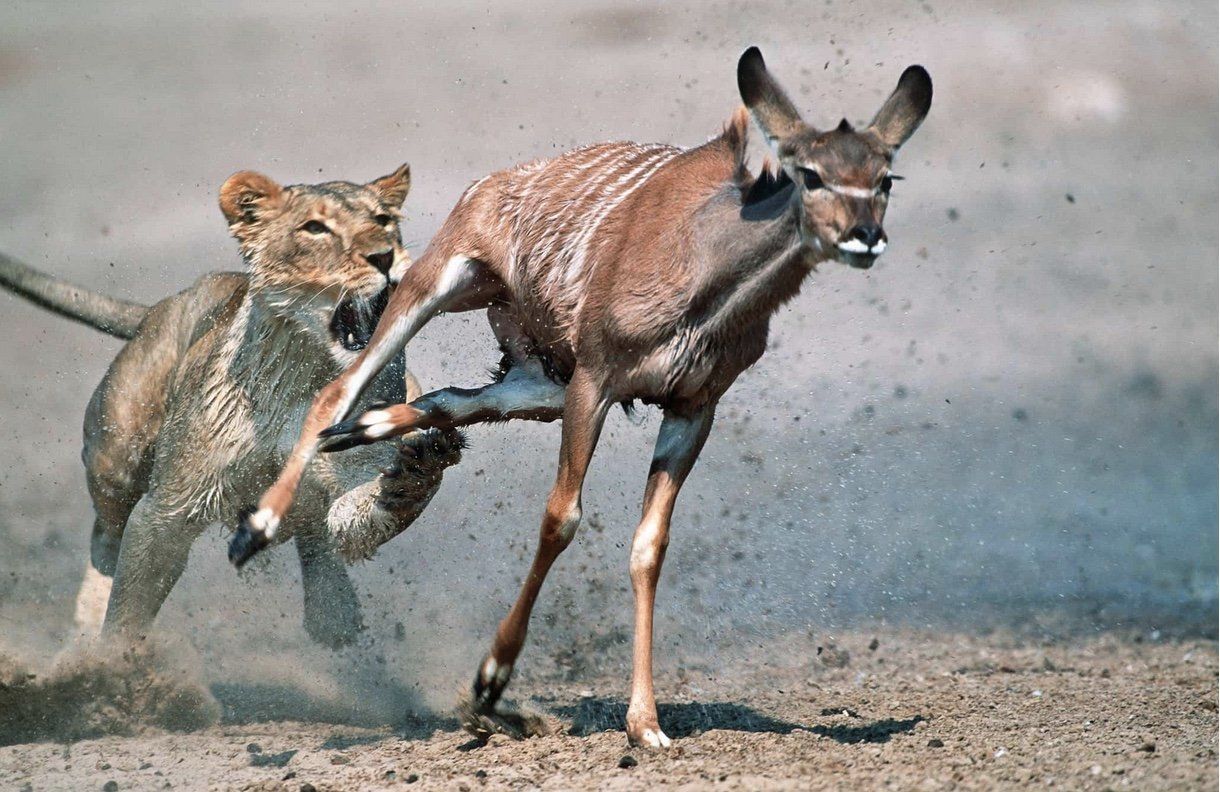
How To Design Your Day For Success
Follow these steps to ensure that you spend less time chasing field mice and more time devoted to your most important work:
- Clarify: The first step is to bring clarity to your project or goals. When you are vague about what you need to do, it makes it hard to start, let alone finish. Start by getting specific about each action required to complete the project. For example, instead of writing down “Mom’s birthday,” clarify that into “Buy a card for Mom at Walgreens next to the train station tomorrow.” Clarity makes it easier to do the task later.
For projects that require multiple steps to complete, break them down into smaller pieces. For example, say you are moving, which is an enormous project that may leave you feeling like you have no idea where to begin. Often, when we are unsure where to begin, we procrastinate, which only puts more stress and anxiety on our already weary shoulders. Yet, if we break down the project of “moving” into all of its constituent parts, it’s infinitely easier to organize the steps and then schedule them in a way that allows us to complete them over time at a reasonable pace.
- Prioritize: Now that you have clarified all of your tasks and actions for your projects, you can prioritize based on which one(s) will get you closer to your goals. A few helpful frameworks for determining where to invest your time and energy to generate the highest payoff:
Ask yourself, “What am I avoiding?” Often, we put off a difficult task because it’s outside our comfort zone. Or we’re afraid to ask for help. Or because we failed to clarify it. If there’s something nagging in the back of your mind, move it to the top of the priority list.
Tim Ferriss likes to ask, "Which of my tasks is going to make all the other ones easier or irrelevant?" Looking at your list, oftentimes there will be a handful of tasks that if done first, will make other items on the list easier to do or eliminate the need to do them altogether.
If it turns out that you are
not
avoiding an important task, flip the question around and instead ask yourself, “What am I most excited to work on first?” Follow your excitement and begin from there.
- Plan and Schedule: One of the best ways to have a productive day is to plan it the night before. Depending on what works best for you, you can do this either at the end of your work day or as part of your evening routine. Follow these steps:
- Empty your head - add any new tasks to your respective lists. This will help you sleep better since you won’t be trying to hold on to them at night as well as free up creative capacity for your brain to problem-solve at night.
- Review your calendar for the next day - make sure you are prepared for any meetings or events.
- Identify your top 1-2 tasks that you prioritized above.
- Schedule your hardest task first - this also requires you to protect the start of your day. This may require you to communicate with your team and set the proper boundaries and structure. For more tips on how to do this, check out my piece on Time Management.
- Single-Task: You’ve clarified. You’ve set your top priorities. And you’ve planned and scheduled your day. Now for the most important piece of advice - eliminate all distractions. Close your email, silence your phone (if you’re worried, use the Do Not Disturb function and select any contacts, like your spouse or partner, that may need to reach you for a true emergency), close Slack and any browsers or social media.
Too often, we start our day by checking email or our social media feeds. When we do this, we’ve given over our time and attention to other people’s needs or agendas. Avoid doing this until after you’ve completed your hardest task. Hence, the key is both avoiding distractions before and during your time spent hunting antelope. Afterwards, feel free to indulge. Check Instagram, watch that YouTube video, scroll through LinkedIn, read the news. Reward yourself for doing the hardest thing first.
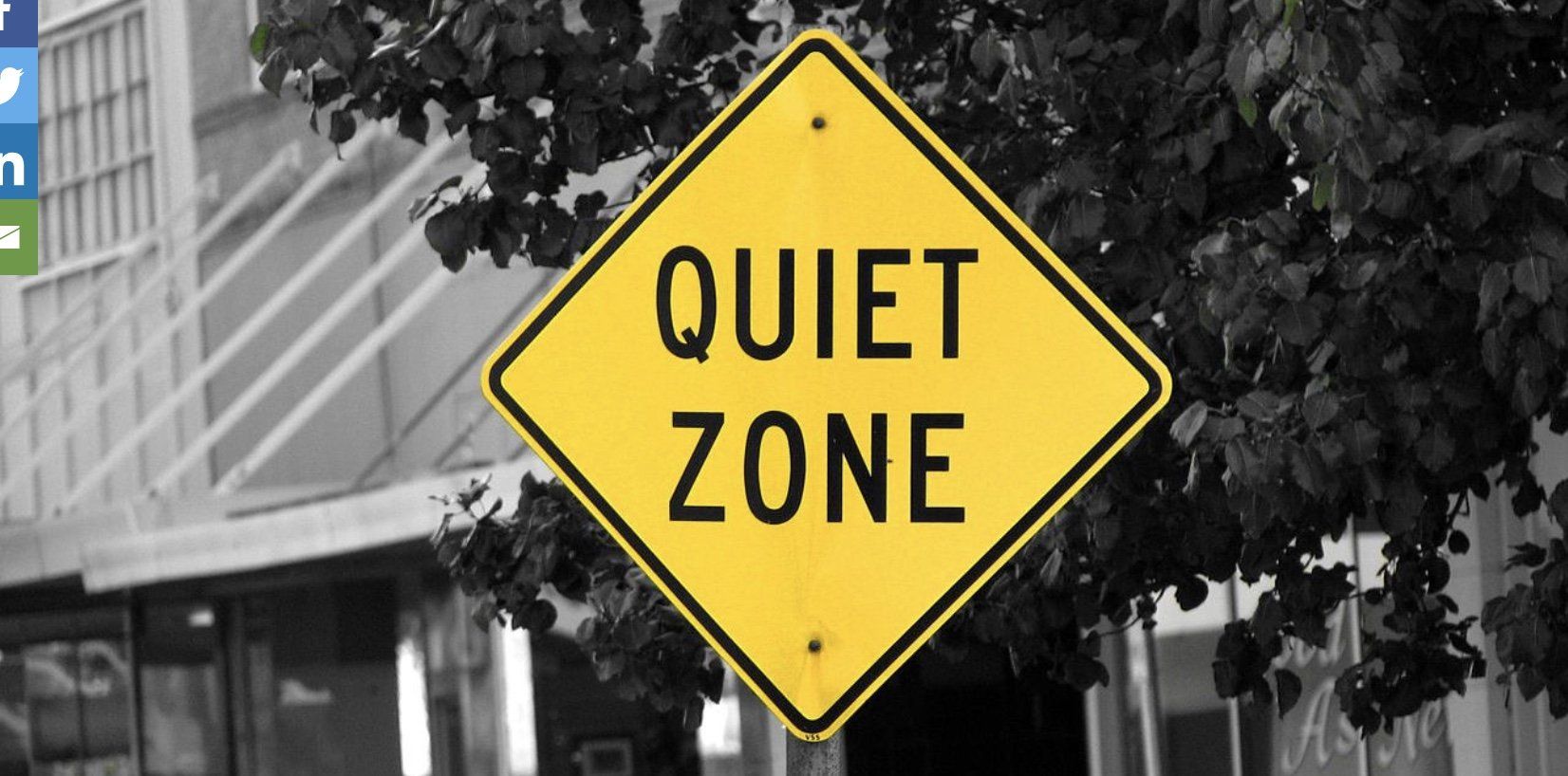
When you shift your mindset from hunting field mice to hunting antelope, you will quickly find that you can accomplish far more while burning much less time and energy. Your productivity will increase because you will be more focused and efficient. Your anxiety will decrease because your focus has shifted from worrying about all that you aren’t doing, to actually doing the work.
Now, keep in mind that productivity is not about doing more work; rather, it is about doing the most valuable or important work in the most effective way possible. We are all busy. The difference between mediocre and exceptional results is learning to prioritize the big, important tasks first. Instead of trying to generate momentum by knocking out small tasks first, prioritize what’s most important and do that first. By doing so, you will feel better about yourself because you did the hard thing first. The thing that mattered most.
Tackle your biggest goals, not your smallest ones. Do your hardest tasks first over the quick, easy ones. You will find that your time expands and you can use that time to master new skills or to rest and recover and let your creative energies replenish and propel you to higher highs.
It’s time to start hunting antelope!
